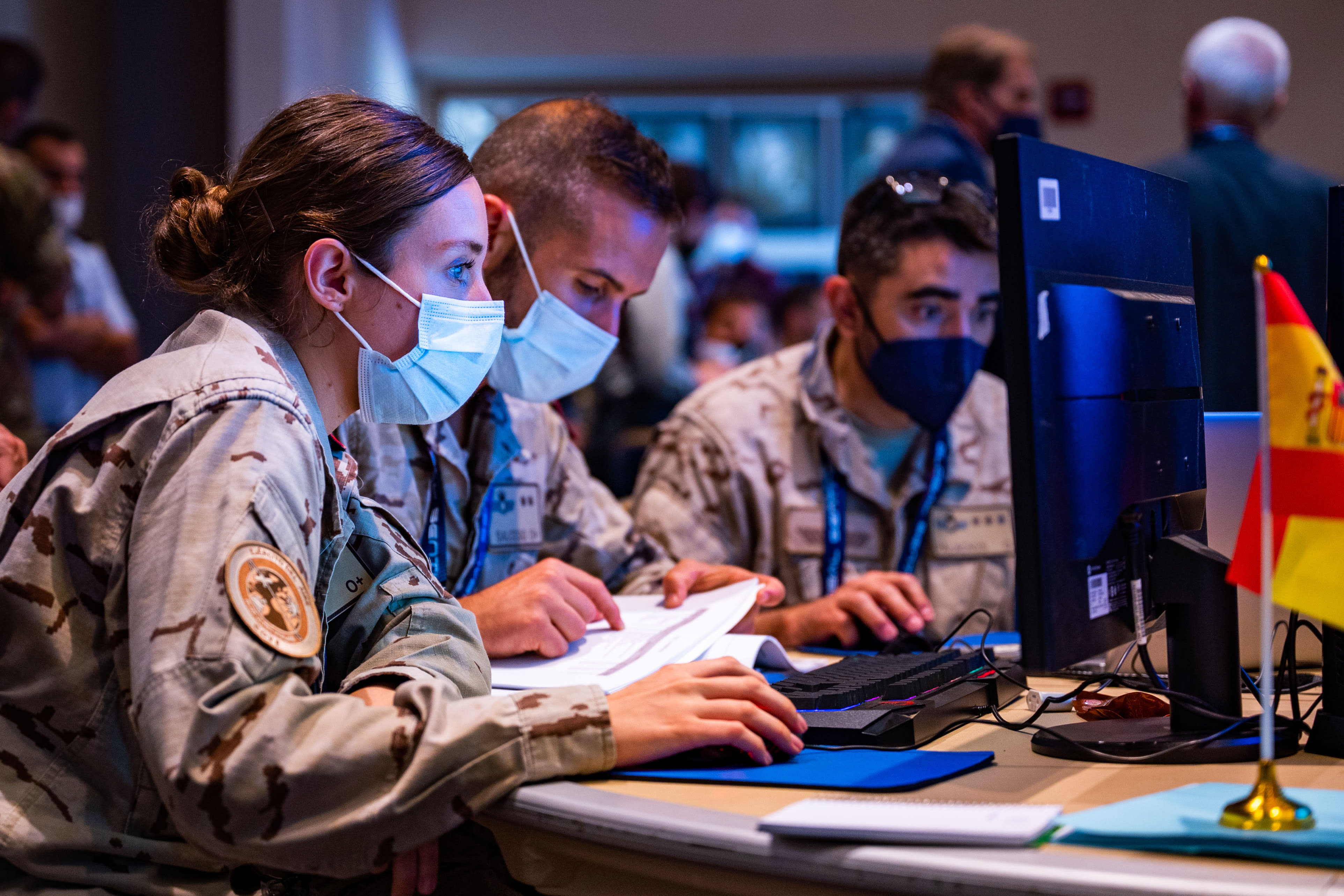Charting the Cosmos: How Space Force Wargames Could Redefine Global Defense Strategies
3 min read

In an era where space is increasingly seen as the next frontier for strategic dominance, the United States Space Force is actively engaging in a proactive exercise to shape the future of space military operations. A recent two-week wargame, designed to envisage the capabilities and operational concepts needed by the Space Force a decade from now, highlights the growing importance of space as a domain of warfare and international collaboration.
The Expanding Domain of Space
Historically, the militarization of space was popularized during the Cold War, when the United States and the Soviet Union vied for supremacy not just on Earth but beyond it. The launch of the Sputnik satellite in 1957 by the Soviet Union marked the beginning of space as a strategic domain. This event catalyzed the U.S. to expedite its own space endeavors, leading to the establishment of NASA and the eventual moon landing in 1969.
Fast forward to the present, and the strategic importance of space has only intensified. Satellites are crucial for communication, navigation, intelligence, and surveillance, making them pivotal in both civilian and military applications. As such, safeguarding these assets and ensuring the ability to operate freely in space has become a priority for military forces worldwide.
The Wargame's Strategic Importance
The recent Space Force wargame is not a mere simulation exercise; it serves as a crystal ball, providing insights into what the future might hold for space operations. By simulating potential scenarios and threats, the Space Force aims to identify the necessary technological advancements and operational strategies needed to maintain an edge in this rapidly evolving domain.
A significant aspect of this exercise is its focus on allied information sharing. In an interconnected world, the ability to seamlessly share data and insights with international partners is crucial. This wargame could lay the groundwork for a robust framework that facilitates such collaboration, enhancing collective security and response capabilities.
A Look to the Future
The implications of this wargame extend beyond national defense. As space becomes an increasingly contested domain, nations need to collaborate to address challenges such as space debris, satellite interference, and the militarization of space. The framework for information sharing that emerges from these exercises could serve as a model for international cooperation, ensuring that space remains a domain of peace and exploration rather than conflict.
Furthermore, the exercise underscores the importance of innovation in defense strategies. As threats evolve, so too must the technologies and methods used to counter them. By investing in forward-thinking exercises today, the Space Force is not only preparing for future challenges but also setting a precedent for adaptive and anticipatory defense planning.
Conclusion: The New Space Race
The Space Force wargame marks a pivotal moment in the ongoing evolution of space as a military domain. As the U.S. and its allies navigate this new space race, the insights gleaned from such exercises will be instrumental in shaping a future where space is used responsibly and collaboratively. With the establishment of frameworks for allied information sharing, the hope is that the cosmos will be a place of cooperation, not conflict, furthering the cause of peace and security on a global scale.
The path forward may be fraught with challenges, but with strategic foresight and international collaboration, space could become a beacon of innovation and unity in an increasingly divided world.
Source: Space Force wargame could inform framework for allied info sharing
